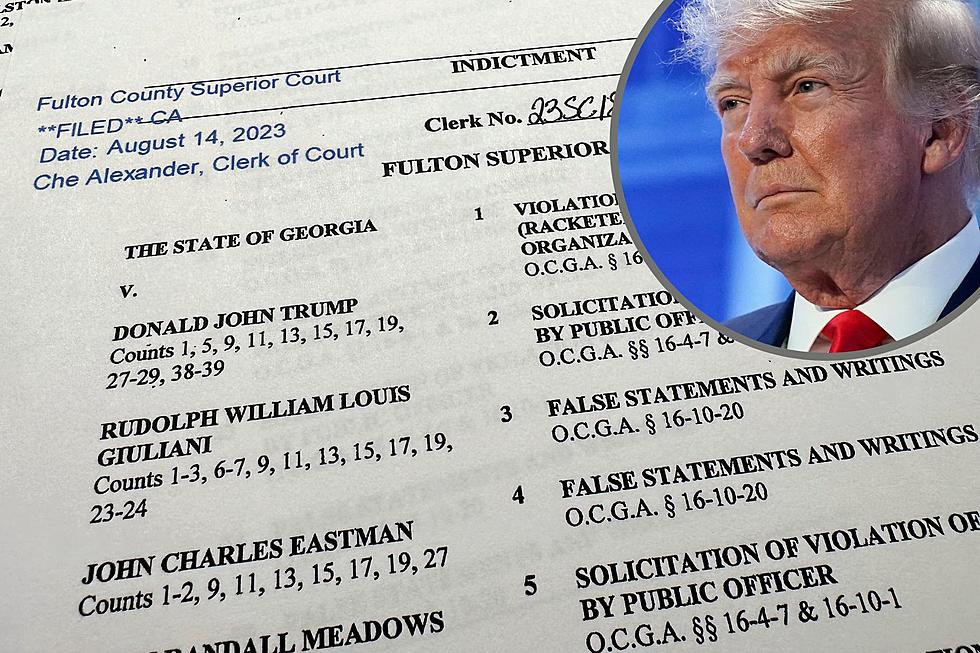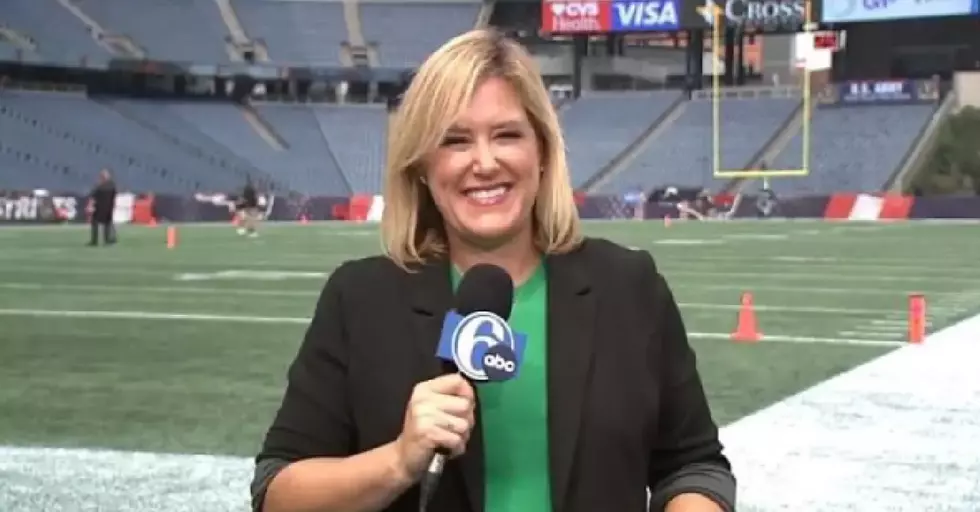
Trump, 18 allies charged in Georgia election meddling
Donald Trump and 18 allies were indicted in Georgia on Monday over their efforts to overturn his 2020 election loss in the state, with prosecutors using a statute normally associated with mobsters to accuse the former president, lawyers and other aides of a “criminal enterprise” to keep him in power.
The nearly 100-page indictment details dozens of acts by Trump or his allies to undo his defeat, including beseeching Georgia’s Republican secretary of state to find enough votes for him to win the battleground state; harassing a state election worker who faced false claims of fraud; and attempting to persuade Georgia lawmakers to ignore the will of voters and appoint a new slate of electoral college electors favorable to Trump.
In one particularly brazen episode, it also outlines a plot involving one of his lawyers to tamper with voting machines in a rural Georgia county and steal data from a voting machine company.
"The indictment alleges that rather than abide by Georgia’s legal process for election challenges, the defendants engaged in a criminal racketeering enterprise to overturn Georgia’s presidential election result,” Fulton County District Attorney Fani Willis, whose office brought the case, said at a late-night news conference.
Other defendants include former White House chief of staff Mark Meadows; Trump's personal attorney Rudy Giuliani; and a Trump administration Justice Department official, Jeffrey Clark, who advanced the then-president's efforts to undo his election loss in Georgia. Multiple other lawyers who devised legally dubious ideas aimed at overturning the results, including John Eastman, Sidney Powell and Kenneth Chesebro, were also charged.
Willis said the defendants would be allowed to voluntarily surrender by noon Aug. 25. She also said she plans to ask for a trial date within six months and that she intends to try the defendants as a group.
The indictment bookends a remarkable crush of criminal cases — four in five months, each in a different city — that would be daunting for anyone, never mind someone like Trump who is simultaneously balancing the roles of criminal defendant and presidential candidate.
It comes just two weeks after the Justice Department special counsel charged him in a vast conspiracy to overturn the election, underscoring how prosecutors after lengthy investigations that followed the Jan. 6, 2021 riot at the U.S. Capitol have now, two-and-a-half years later, taken steps to hold Trump to account for an assault on the underpinnings of American democracy.
The Georgia case covers some of the same ground as Trump’s recent indictment in Washington, D.C., including attempts he and his allies made to disrupt the electoral vote count at the U.S. Capitol on Jan. 6, 2021. But its sprawling web of defendants — 19 in total — stands apart from the more tightly targeted case brought by special counsel Jack Smith, which so far only names Trump as a defendant.
In charging close Trump aides who were referenced by Smith only as unindicted co-conspirators, the Georgia indictment alleges a scale of criminal conduct extending far beyond just the ex-president.
The charging document, in language conjuring up the seedy operations of mob bosses and gang leaders, accuses the former president of the United States, the former White House chief of staff, Trump’s attorneys and the former mayor of New York as members of a “criminal organization” who were part of an “enterprise” that operated in Georgia and other states.
The indictment capped a chaotic day at the courthouse caused by the brief but mysterious posting on a county website of a list of criminal charges that were to be brought against the former president. Reuters, which published a copy of the document, said the filing was taken down quickly.
A Willis spokesperson said in the afternoon that it was “inaccurate" to say that an indictment had already been returned but declined to comment further on a kerfuffle that the Trump legal team rapidly jumped on to attack the integrity of the investigation.
Trump and his allies, who have characterized the investigation as politically motivated, immediately seized on the apparent error to claim that the process was rigged. Trump’s campaign aimed to fundraise off it, sending out an email with the since-deleted document embedded.
In a statement after the indictment was issued, Trump's legal team said “the events that have unfolded today have been shocking and absurd, starting with the leak of a presumed and premature indictment before the witnesses had testified or the grand jurors had deliberated and ending with the District Attorney being unable to offer any explanation.”
The lawyers said prosecutors presenting their case “relied on witnesses who harbor their own personal and political interests — some of whom ran campaigns touting their efforts against the accused.”
Besides the two election-related cases, Trump faces a separate federal indictment accusing him of illegally hoarding classified documents as well as a New York state case charging him with falsifying business records.
As indictments mount, Trump — the leading Republican candidate for president in 2024 — often invokes his distinction as the only former president to face criminal charges. He is campaigning and fundraising around these themes, portraying himself as the victim of Democratic prosecutors out to get him.
Republican allies once again quickly rallied to Trump’s defense. “Americans see through this desperate sham,” House Speaker Kevin McCarthy wrote on X, the platform formerly known as Twitter.
Report a correction 👈 | 👉 Contact our newsroom
NJ residents giving most money to Trump 2024 campaign
(Copyright 2023 The Associated Press. All rights reserved. This material may not be published, broadcast, rewritten or redistributed.)



